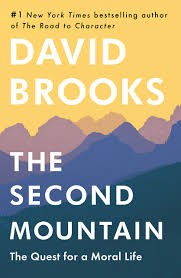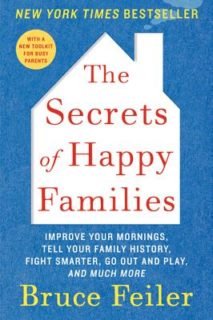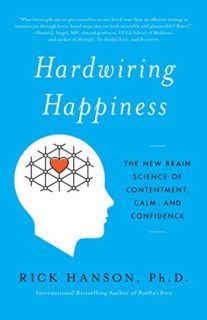I like to hike. Because Jackson Hole is surrounded by mountains, I have many opportunities to hike with my family, friends, colleagues, and out-of-town visitors. For quite a while, I was single-minded about hiking; it was all about getting to the top of the mountain. Yes, there’s scenery, conversation, and opportunities for contemplation but what really mattered was getting to the top.

Recently, I was introduced to some articles, videos, and a book titled “The Second Mountain” by New York Times columnist David Brooks. In each instance, hiking and climbing mountains became a metaphor for living and life. “The Second Mountain” and its two-mountain metaphor in particular, caused me to view hiking and the work that we do from a different perspective.
A few years ago, Brooks suffered some personally devastating setbacks. He had metaphorically climbed his “first mountain”. He was an acclaimed, best-selling author and political commentator; he was financially secure; he had raised a family. He had achieved. He was famous. He was wealthy. He was, what most people would consider to be “successful”. But when his marriage ended and he was forced to confront his life at that time, he experienced depression, emptiness, and a lack of purpose and meaning that caused him to explore what was missing in his life and ultimately to write “The Second Mountain”.

Like the work that we do, Brooks’ Second Mountain is a metaphorical journey, an exploration of what matters most. Very much akin to one of our defining principles “True Wealth”, Brooks focuses on deep relationships, meaningful work, building and contributing to communities, and core values, especially faith, in order to live a good and moral life. The climb up the metaphorical second mountain, then, is an aspirational pursuit of fulfillment, meaning, and joy; it’s an ongoing process of optimizing True Wealth.
Brooks’ relentless, single-minded climb up his first mountain was much like the way I hiked; get to the top, that’s what matters. I realized that it’s good to know first of all what our destination is; that in each phase of our lives the destination might be different. It’s also good to realize that there are two mountains, to be aware of which mountain we’re climbing, and especially why. Regardless, it’s really about the journey; about enjoying it and finding meaning and fulfillment in the process. It’s about optimizing True Wealth and, in our case, about helping others to optimize their True Wealth in every phase of their lives.




